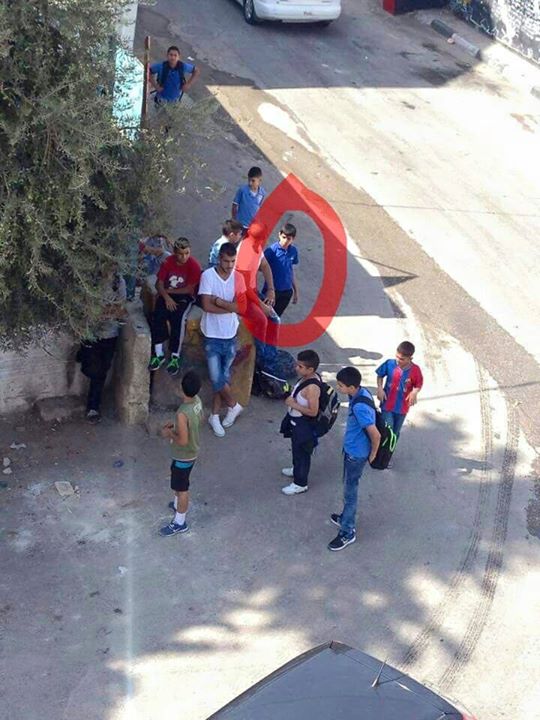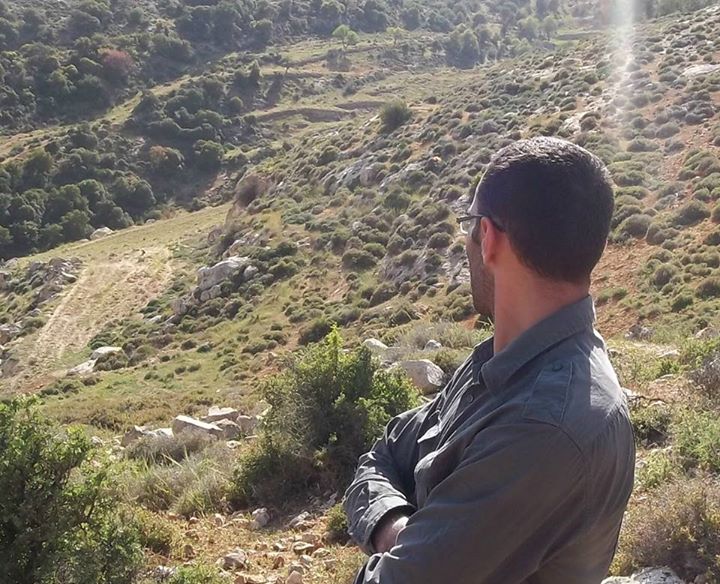Tag: Arrests
-
Young Palestinian man held in metal box in al-Khalil
10th October 2015 | International Solidarity Movement, Al-Khalil team | Hebron, occupied Palestine As a part of the recent surge in violence, there has been an escalation in random ID checks and detentions across occupied al-Khalil,(Hebron) In the full Israeli military controlled H-2 section of al-Khalil this afternoon, several young Palestinian men were detained, interrogated…
-
12 year old Palestinian killed in Bethlehem as violence explodes across the West Bank
5th October 2015 | International Solidarity Movement, Al-Khalil team | West Bank, occupied Palestine Abed al-Rahman Shadi Obeidallah, 12 was still in his school uniform when he was rushed in a civilian car to Beit Jala hospital from Aida refugee camp in Bethlehem today. The boy, from from a Al Kahder village, was shot in the…
-
The broken wheel of Israeli ‘justice.’ The case of Mahmoud Abujoad Frarjah
4th October 2015 | International Solidarity Movement, Al-Khalil team | Gaza, occupied Palestine Sireen Frarjarh and her husband Mahmoud Abujoad Frarjah met eyes numerous times during this past Tuesday’s trial in an Ofer military court hearing. The trial was to determine if the young, newly married Palestinian man from the Deishah refugee camp in Bethlehem, would be…



